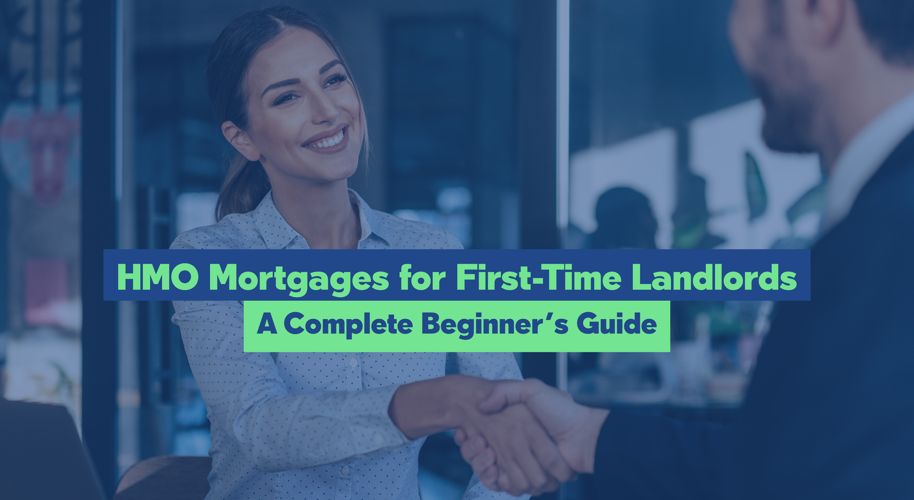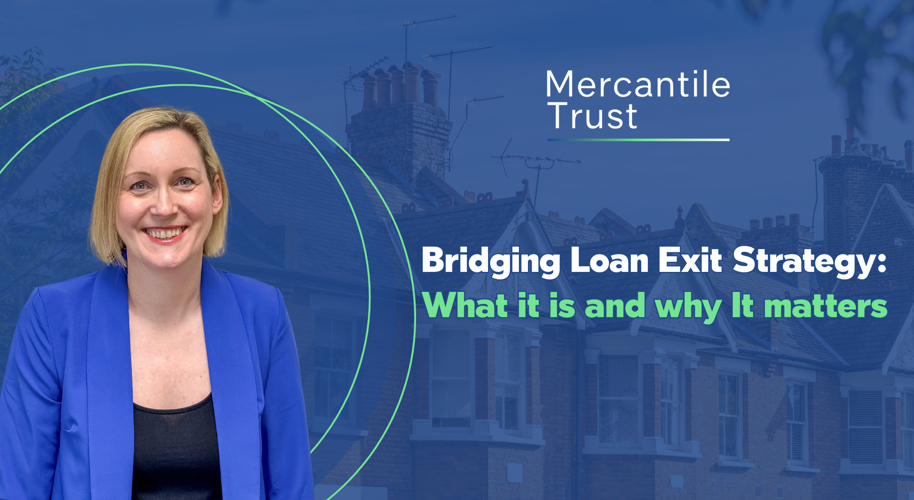17 March 2025 | Written by Mercantile Trust
HMO Mortgages: The ultimate guide for landlords

HMO Mortgages: A guide for landlords
If you’re a landlord looking to maximize rental income, investing in a House in Multiple Occupation (HMO) could be a great option. However, financing an HMO requires a specialist mortgage. This guide covers everything you need to know about HMO mortgages, including how they work, their benefits, challenges, and how to apply.
What is an HMO Mortgage?
HMO Mortgages are a specialised type of Buy to Let (BTL) Mortgage, tailored specifically for landlords who rent out properties to multiple tenants from separate households.
A Buy to Let (BTL) Mortgage is a type of loan designed for property investors who intend to rent out their properties rather than live in them. These mortgages differ from standard residential mortgages in several ways, including deposit requirements, interest rates, and affordability assessments. (Read more about Buy to Let Mortgages)
While traditional BTL Mortgages cater to single-tenancy agreements, HMO Mortgages are structured for Houses in Multiple Occupation (HMO), where three or more unrelated tenants share common facilities like kitchens and bathrooms. Due to the increased rental income potential and additional management responsibilities associated with HMOs, lenders often impose stricter eligibility criteria.
Why invest in an HMO property?
HMO properties can generate significantly higher rental income than standard buy-to-let properties. Since multiple tenants contribute to the rent, landlords can often earn more per property while spreading the risk of rental voids. Additionally, the demand for shared accommodation continues to rise, especially in urban areas and university towns.
How do HMO Mortgages work?
Unlike standard Buy to Let Mortgages, HMO Mortgages come with specific lending criteria. Lenders assess factors such as:
- Property layout: The property must meet HMO licensing and planning regulations.
- Experience: Some lenders prefer landlords with previous rental experience. (If you’re a first-time landlord, you might still qualify for an HMO mortgage with us.)
- Rental income potential: Lenders evaluate the expected rental income to ensure mortgage affordability.
- Deposit requirements: Typically, a 25-40% deposit is required.
HMO licensing and regulations
Many HMO properties require a license from the local council. The regulations vary by location but generally cover safety standards, room sizes, and fire safety requirements. Landlords should ensure compliance to avoid legal issues and potential fines. (Check with your local authority for specific HMO licensing rules.)
Benefits of HMO Mortgages
- Higher rental yields: More tenants mean more rental income.
- Diversified income stream: Even if one tenant moves out, others continue paying rent.
- Increasing demand: The need for affordable shared housing continues to grow.
Challenges of HMO Mortgages
- Stricter Lending Criteria: HMO Mortgages can be harder to secure than standard Buy to Let Mortgages
- Higher Upfront Costs: Additional licensing, property adaptations, and deposits can increase initial expenses
- More Management Responsibilities: With multiple tenants, landlords may face more maintenance and tenant-related issues
How to apply for an HMO Mortgage
- Check Licensing Requirements: Ensure your property meets local HMO regulations
- Find a Specialist Lender: Not all lenders offer HMO Mortgages
- Assess Affordability: Be prepared to provide rental income forecasts and financial details
- Submit Your Application: Provide all necessary documents, including property details, income proofs, and business plans if required
Final Thoughts
HMO Mortgages can be a fantastic option for landlords looking to maximize rental income. However, they require careful planning, compliance with regulations, and an understanding of the lending process. By working with experienced mortgage brokers and staying informed about legal requirements, landlords can make the most of their HMO investments.
🔎 Are you considering an HMO Mortgage? Speak with our expert team today to explore your options!





















